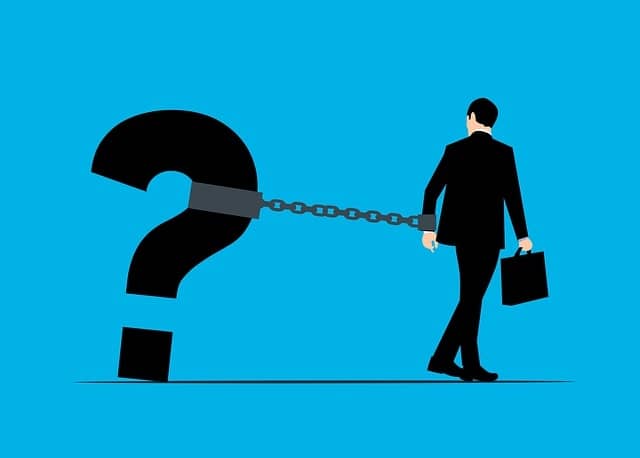What does belligerence mean in Lord of the Flies? If you’ve been reading William Golding’s Lord of the Flies, you might have come across the word “belligerence” and wondered what it means in the context of the novel. In simple terms, belligerence refers to a hostile or warlike attitude or nature—think aggression, combativeness, or a readiness to fight. This concept plays an important role in Lord of the Flies, as the boys’ behavior on the island becomes increasingly aggressive and violent. In this article, we’ll explore where and how belligerence shows up in the story and why it’s such a significant theme in Golding’s portrayal of human nature.
What does belligerence mean in Lord of the Flies?
In Lord of the Flies by William Golding, the word “belligerence” refers to a hostile or warlike attitude or nature. When someone shows belligerence, they are being aggressive and ready to fight or argue.
Golding uses this word to describe the boys’ growing aggression as they struggle for power and survival on the island. For example, in Chapter 4, he writes: “Robert was a slight, furtive boy whom no one knew, who kept to himself with an inner intensity of avoidance and secrecy. Now he came close at hand and peered down at Ralph, screwing up his face as he did so. Roger edged past the chief, only just avoiding pushing him with his shoulder. The chief was aware of this and stood still; a kind of affectionate reverence for the conch.” Here, while not directly quoting “belligerence,” Golding describes the boys acting in increasingly aggressive ways toward each other.
The actual word appears when Golding narrates: “Johnny was well built, with fair hair and a natural belligerence.” This means that Johnny has an instinctive tendency to be aggressive or combative.
Belligerence becomes a central theme in Lord of the Flies as the boys’ civilized behavior breaks down, and their actions become more violent. The use of the word helps show how quickly people can turn hostile when rules disappear and instincts take over. In short, belligerence in Lord of the Flies highlights the boys’ descent into savagery and conflict.
What does conspiratorial mean in Lord of the Flies?
In Lord of the Flies, conspiratorial means relating to or characteristic of a secret plot or agreement. When the boys act or speak in a conspiratorial way, they are often whispering, sharing secrets, or making plans behind others’ backs, showing how secrecy and hidden alliances start to form among them as the story progresses.
How is savagery shown in Lord of the Flies?
Savagery is shown in many ways in Lord of the Flies. As the story progresses, the boys stop listening to Ralph and no longer try to maintain civil order. Jack becomes obsessed with hunting and killing pigs, and the group even performs violent sacrifices. These actions highlight how the boys gradually abandon their civilized behavior and give in to their more primal instincts.
What are some vocabulary words from Lord of the Flies?
Some vocabulary words from Lord of the Flies include “belligerence,” which means a hostile attitude, “conspiratorial,” which refers to secret plotting or agreements, and “savagery,” meaning wild or brutal behavior. Other words you might encounter in the novel are “tumult” (a loud, confused noise), “ebullience” (cheerful energy), and “malevolent” (having or showing a wish to do evil). These words help set the tone and atmosphere of the story.
Conclusion
In conclusion, belligerence in Lord of the Flies refers to a hostile or warlike attitude or nature. Golding uses this idea throughout the novel to show how quickly the boys become aggressive and confrontational once there are no rules or structure to guide them. By highlighting their belligerence, Golding emphasizes the darker side of human nature and raises important questions about what happens when civilization breaks down.
